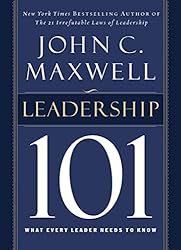Adams, Henry
Henry Brooks Adams (February 16, 1838 – March 27, 1918) was an American historian and a member of the Adams political family, descended from two U.S. presidents.
Aeschines
Although it is known he was born in Athens, the records regarding his parentage and early life are conflicting; but it seems probable that his parents, though poor, were respectable. Aeschines’ father was Atrometus, an elementary school teacher of letters. His mother Glaukothea assisted in the religious rites of initiation for the poor.
Aeschylus
Aeschylus (UK: /ˈiːskɪləs/,[1] US: /ˈɛskɪləs/;[2] Greek: Αἰσχύλος Aiskhylos, pronounced [ai̯s.kʰý.los]; c. 525/524 – c. 456/455 BC) was an ancient Greek tragedian. He is often described as the father of tragedy.[3][4] Academics’ knowledge of the genre begins with his work,[5] and understanding of earlier tragedies is largely based on inferences from his surviving plays.[6] According to Aristotle, he expanded the number of characters in the theatre and allowed conflict among them; characters previously had interacted only with the chorus.[nb 1]
Aesop
Aesop (/ˈiːsɒp/ EE-sop; Greek: Αἴσωπος, Aisōpos; c. 620 – 564 BCE) was a Greek fabulist and storyteller credited with a number of fables now collectively known as Aesop’s Fables. Although his existence remains unclear and no writings by him survive, numerous tales credited to him were gathered across the centuries and in many languages in a storytelling tradition that continues to this day. Many of the tales are characterized by animals and inanimate objects that speak, solve problems, and generally have human characteristics.


















